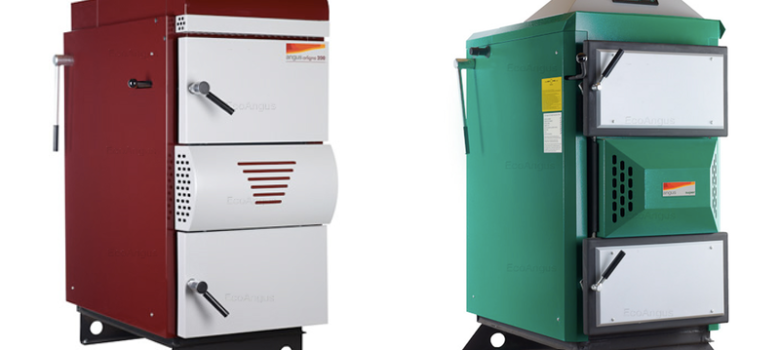
Biomass boilers have become all the rage since the Renewable Heat Incentive kicked off last year. The government payments are generous, and the technology cheap and efficient to run. Until now the interest has come mainly from off-grid communities out in the country. Installing one in a city is considered impractical because of issues like space, smoke and storage of fuel. But is that the end of the discussion, or is there some place for biomass boilers in town centres?
What are the advantages of biomass in cities?
Unlike heat pumps, biomass is really competitively priced per unit of electricity compared to gas – so you could actually be better off with a biomass boiler once you factor in RHI payments as well, in spite of the high initial cost.
>>> Biomass boilers versus conventional gas boilers <<<
Heat pumps also work at a lower temperature, meaning you are probably going to need to adapt a gas central heating system significantly to take the heat pump and warm the home sufficiently. Biomass works at much higher temperatures, and is therefore much easier to fit in with your current radiators and control system.
Can you install biomass in an air quality control area?
The first thing to consider is whether you can install a biomass system in a town or city like London where air quality legislation prevents certain fuels from being burnt. The answer is yes, as long as the boiler is on the Exempt Appliances list, but a local authority may decide that you can install a non-exempt appliance anyway if you ask them! You can find the DEFRA list here: http://smokecontrol.defra.gov.uk/appliances.php?country=e
The cost of these exempt boilers may be a bit higher than a non-exempt boiler, because they meet high emissions standards in many cases, but that doesn’t mean it isn’t worth considering.
 Space for the boiler
Space for the boiler
Biomass boilers tend to require more space than a typical gas boiler. The reason for this is that a delivery system with the fuel must sit next to the boiler, constantly feeding new material into the boiler to burn. Now this isn’t quite as dramatic as it may sound, but you don’t want to have to keep topping up the fuel every few hours, so the feeding system will be set up in order to allow a day or more between refills. That means a fair bit of space is going to be needed – not always ideal in a city where space is at a premium.
Storing your fuel
A typical home could get through hundreds of 5kg bags of fuel over the course of a year. You can’t expect your delivery man to arrive every day with a few bags of wood pellets – what you will need is a storage area that can keep enough fuel for at least a month or two, and keep it in a dry, usable condition. Now if you live in the suburbs, a storage shed might not be a problem, but in the centre of town, you will have to think carefully about where you are going to store the fuel.
Delivering your fuel
Not only must you be able to store your fuel, you will need an appropriate way for your delivery man to deliver the sacks of pellets to you. This will be familiar to those who live in oil or LPG-fuelled homes. Every few months a delivery of fuel will arrive and the stocks will be replenished. Unfortunately, in cities this can be a pain in terms of logistics.
Biomass still worth it
Of course, having said all that, biomass is a great option, as not only is it a cleaner renewable fuel, it is also eligible for RHI payments, and they can be very generous. Give us a call if you want to know more about biomass and the RHI.












Hi. biomass should not be used at all in britian. One biomass boiler puts out as much smoke as one million cigarettes or 350 diesel engines, no matter how clean people think they are that is alot of pollution! should our kids get cancer so that people can burn? look at the mayor of london getting electric buses to reduce pollution and you advocate people making even more to make it worse for everyone.
They should be banned , they belong from a bygone era and they produce too much pollution putting everyone at risk.
Nice article for those in London looking at fitting Biomass into their renewable energy needs.